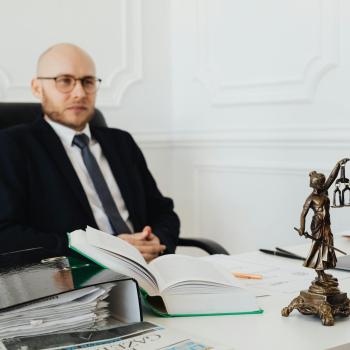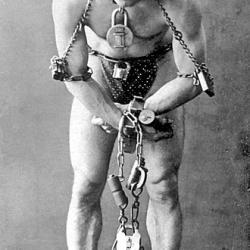Now Featured in the Patheos Book Club
Moments and Days
How Our Holy Celebrations Shape Our Faith
by Michelle Van Loon
Why did you need to write Moments and Days?
The short answer? I care deeply about discipleship, and the calendar is one of the original discipleship tools found in the Old Testament.
It's not quite as simple as that short answer, however. It's been my experience that when Evangelicals speak of spiritual formation, we tend to speak in terms of practicing spiritual disciplines, or acquisition of information about God and the Bible, or we urge ourselves toward action such as service or evangelism. All are of great value in cultivating personal spiritual growth, but I found myself wondering as years went on about the way in which we in our local churches are being formed as followers of Jesus. I have been involved in programming worship services at a non-denominational church and at a Christian university, and realized that the calendar we used was forming both individual and corporate identity in those respective communities far more than we'd taken time to consider.
In the non-denominational congregations of which my husband and I have been a part, the civil calendar drove our church life together. This calendar included space for some special, usually evangelism-based emphases during December for the Christmas season, as well as services for Good Friday/Easter morning. We have also been a part of Anglican and Lutheran congregations that have used the Christian calendar. Those years taught me that a different calendar was a part of what forged a different kind of practice and identity among these congregations.
I'd grown up being imprinted by the calendar: my Jewish upbringing had shaped me by the rhythms of the feasts described in Leviticus 23. This was the calendar Jesus knew, and it was the calendar from which the Christian calendar emerged. As my husband and I are both Jewish followers of Jesus – we each came to faith in him during our teens - we continued to maintain a modest connection to the Hebrew festal calendar as we were raising our children, as we hoped to give our children a connection with their Jewish birthright. I learned during those years that while connection to a calendar can be an important learning tool for families, it carries a different weight in a family when an entire community is formed by its rhythms.
I began wondering about how the Hebrew calendar Jesus knew became the church year calendar used by the church. After a trip to Israel, I began researching the topic on my own. I asked lots of questions because I valued both the Hebrew festal and the Christian calendars, and understood that both calendars framed time in terms of God's salvation story – albeit in very different ways. These calendars do not exist so we can pencil in days of celebration and sorrow alongside our oh-so-important schedules. Instead, each calendar demands we prioritize our lives according to their rhythms, because their rhythms represent God's saving work in our lives and in the world.
What does it mean to "inhabit time"?
The very first words of the Bible are "In the beginning…" The eternal God anchored the act of creation in finite time. Jesus promised his followers eternal life (in familiar, beloved John 3:16). While we step into this kingdom life here and now, there is also a fuller future dimension of this life: "There will be no more night. They will not need the light of a lamp or the light of the sun, for the Lord God will give them light. And they will reign for ever and ever." (Revelation 22:5)
But here we are, living in finite time. Our own appointment calendars and schedules define our days, and describe our lives. To inhabit time is a shorthand way of saying that we can live with intention, that our Day-Timers don't define us. The calendar described in Scripture – and the calendar developed by the early followers of Jesus – each present to us a way to live at the intersection of time and eternity.
What is the biggest challenge for a 21st century Jewish follower of Jesus?
There are some challenges unique to Jewish followers of Jesus. Questions of identity and assimilation are true of all Jewish people. Jewish followers of Jesus are often viewed as traitors or non-Jews by the Jewish community. It is understandable that there is resistance from the Jewish community, as a lot of horrible things have been done to the Jewish people in the name of Jesus over the last two thousand years. There are also major challenges Jewish believers face in the church including pockets of anti-Semitism and some bad theology.
However, Jewish followers of Jesus face the same challenges as do their Gentile brothers and sisters. How do I follow Jesus faithfully every day?
How will reading Moments and Days change me for the better?
It is my prayer that the book will strengthen the faith and practice of readers, and the material will spill over into the lives of their families and faith communities. Moments and Days offers readers a look at each holy day and season in both the Jewish and Christian calendars, a discussion about how one emerged from the other, and practical coaching about how to reclaim your own calendar from the tyranny of the Day-Timer urgency so you can live with intention, discipled in time.
9/1/2016 4:00:00 AM




